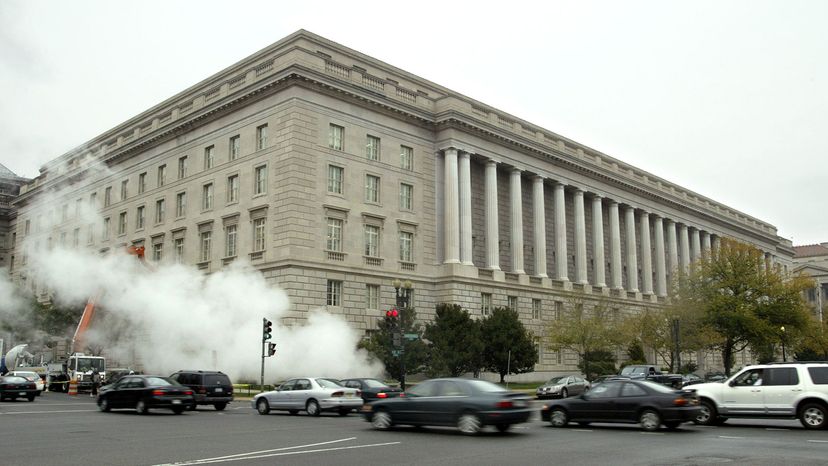
Taxes are a sore spot for Americans. The United States was founded, in part, as a result of the revolt against what colonists considered unfair and exorbitant taxes. The rallying cry of "No taxation without representation!" fueled the ire of colonists and instigated the successful Revolutionary War against Britain. Yet, even Americans recognized that a government would find it difficult to survive without them. As the Founding Father Benjamin Franklin quipped, "Nothing in this world is certain, except death and taxes."
Even if people come to terms with the idea that paying taxes is one's civic duty, it's hard to appreciate a tax collector. This is why the U.S. government's tax collection agency, the Internal Revenue Service (IRS), isn't exactly the nation's most popular organization. When April rolls around and it's time to pay up, it's easy to imagine the IRS as a soulless agency that is out to suck you dry of your hard-earned income. However, it's good to keep in mind that Congress actually creates and enacts tax code (and extremely complicated tax code at that). The IRS simply enforces it.
Advertisement
Nevertheless, one could argue that the agency's reputation isn't entirely unwarranted. The IRS doesn't have the cleanest history: It's been embroiled with corruption, undergone multiple reforms and still faces problems and controversy. To understand its storied past is to understand many of the difficulties inherent in tax collection and tax law itself.
Although taxes might be as certain as death, the U.S. federal government hasn't always found a need for a tax collection agency. In fact, it operated without one for some time. Now, the IRS pulls in trillions of dollars in revenue for the federal government each year and fights crime on the side, helping to attain convictions for notorious gangsters, among others. Before we find out how it does this, we'll take a look at the history of the IRS to see how this once unnecessary agency ballooned in scope and importance in a relatively short time.
Advertisement



